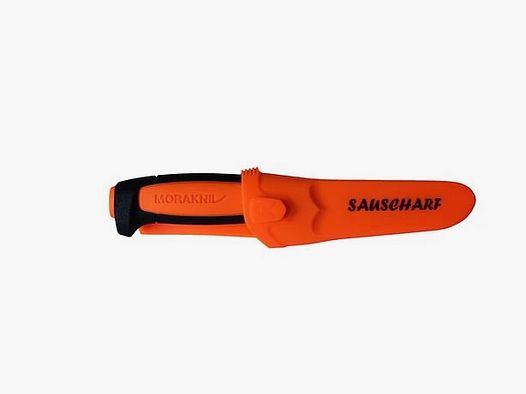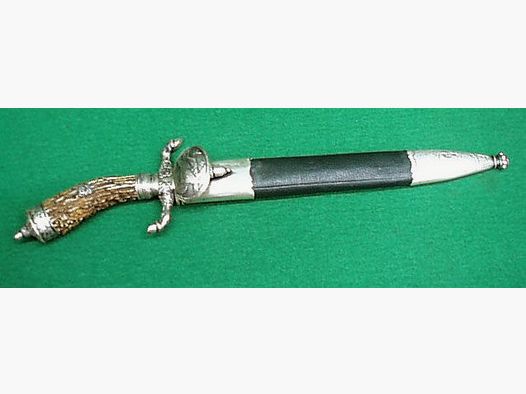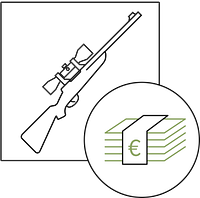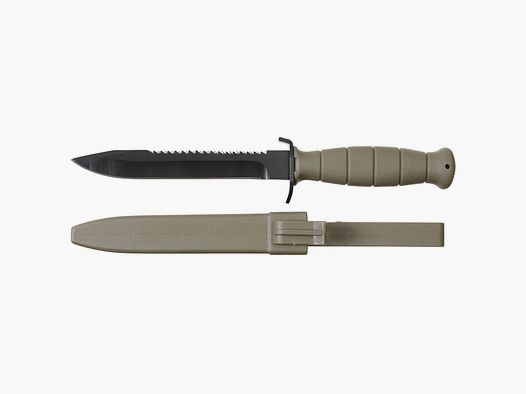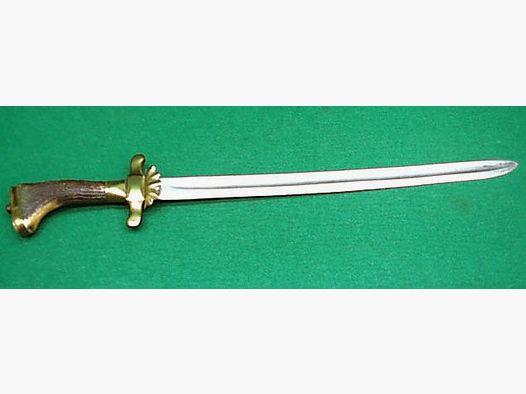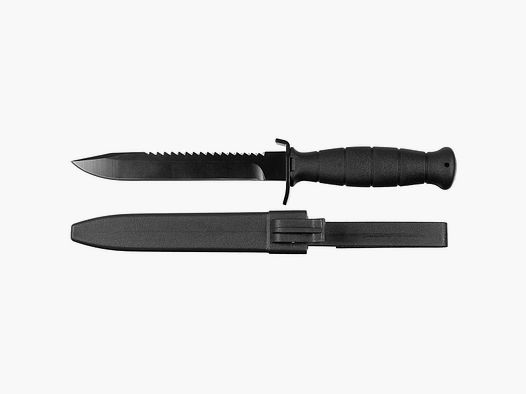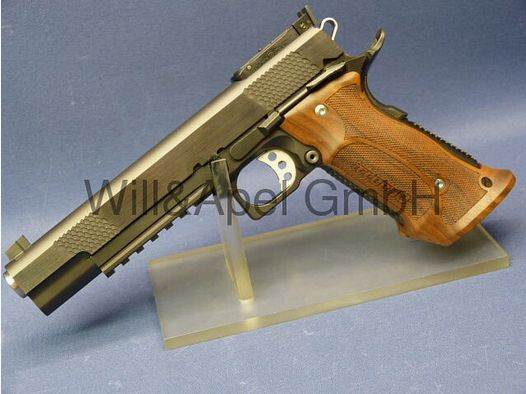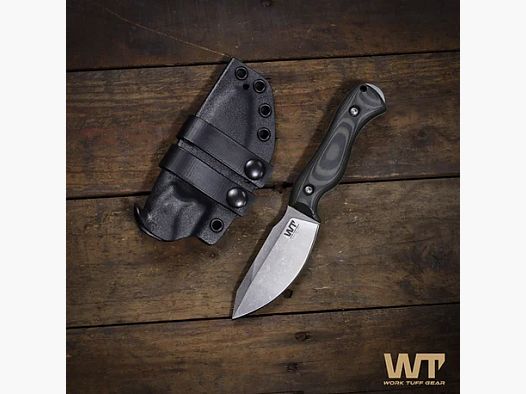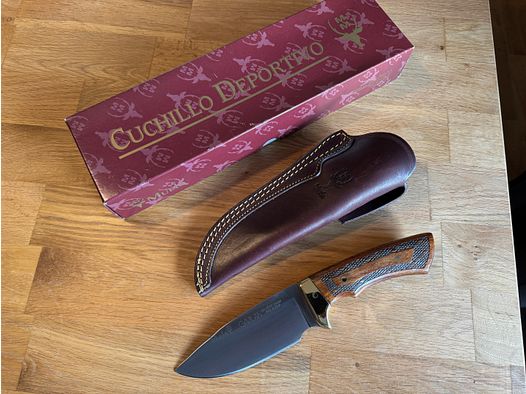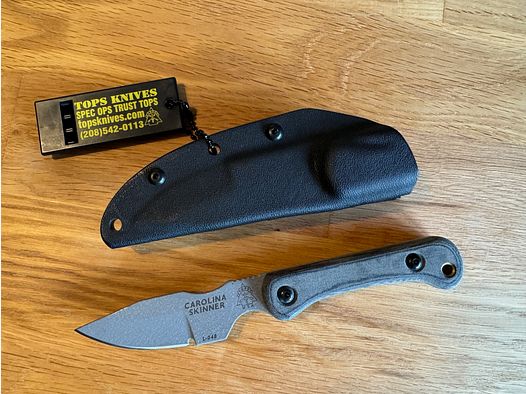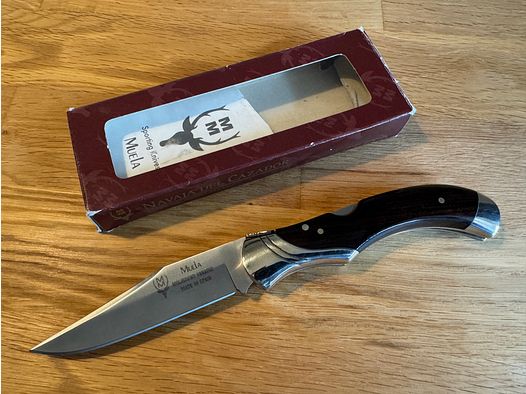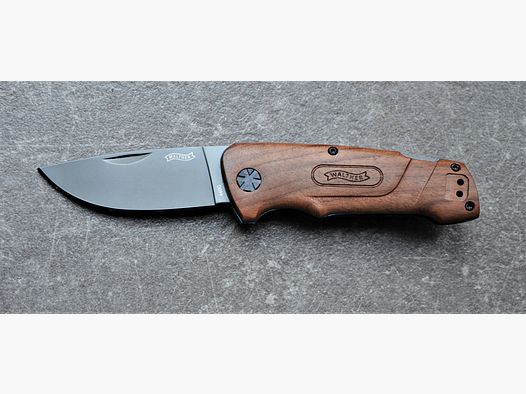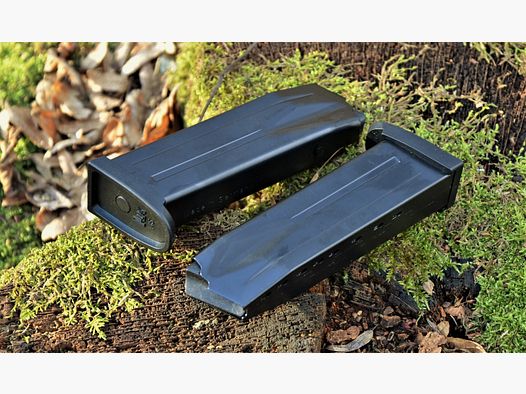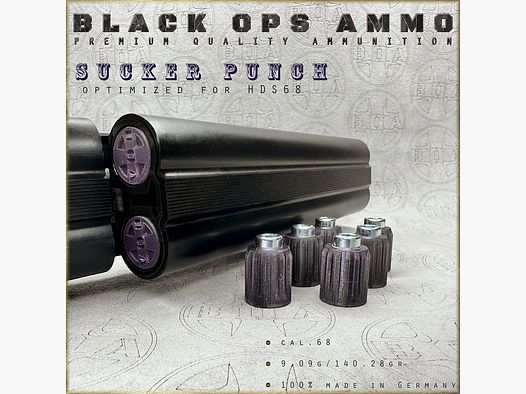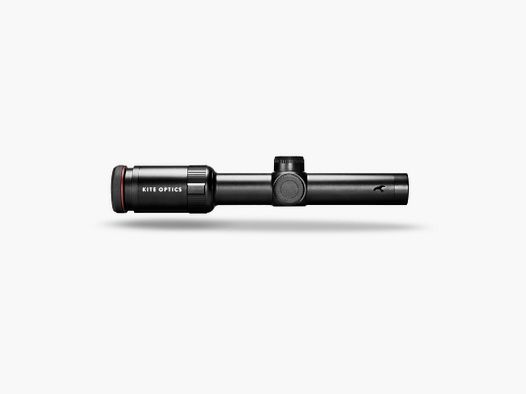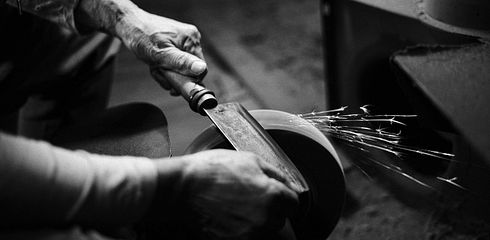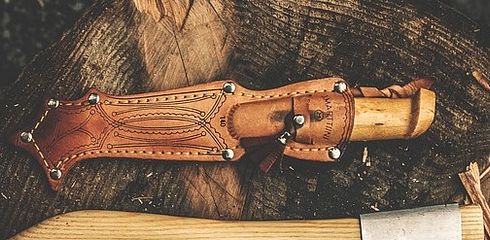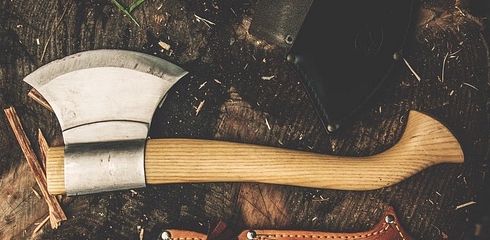Hunting knives are not just simple tools, but essential companions for hunters on their adventures in the wilderness. A well-maintained and properly cared for hunting knife can make the difference between success and failure, safety and danger. In this article, we will explore the importance of proper care and maintenance of hunting knives and show how to keep these important tools in top condition.
The Right Cleaning
Cleaning a hunting knife is one of the most important steps in its care. After each use, the knife should be thoroughly cleaned to remove contaminants such as blood, dirt, and moisture. A damp cloth or brush can be used to remove dirt, and warm soapy water helps to loosen stubborn stains. After cleaning, the knife should be carefully dried to prevent rust formation.
Sharpening the Knife
A sharp knife is safer and more efficient to use than a dull one. It is advisable to sharpen the hunting knife regularly to maintain its cutting performance. There are various tools such as sharpening stones or sharpeners that can help keep the blade in optimal condition. It is important that sharpening is always done at a consistent angle to avoid damaging the blade.
Oiling and Caring for the Handle
The handle of a hunting knife can be made from various materials such as wood, rubber, or plastic. It is important to regularly check the handle and oil or care for it as needed to avoid cracks, wear, or breaks. Oiling the handle keeps the material supple and resistant to external influences.
Avoiding Corrosion
Rust is the enemy of every hunting knife, as it can damage the blade and impair its cutting performance. To avoid corrosion, the knife should be stored in a dry place where it is not exposed to direct moisture or extreme temperature fluctuations. If the knife is not used for an extended period, it is advisable to apply a thin layer of oil to the blade to protect it from moisture.
Checking the Fastenings
A hunting knife is usually secured with screws or rivets. It is important to regularly check these fastenings and tighten them if necessary to prevent the blade from loosening or wobbling. Loose fastenings can not only impair the performance of the knife but also pose a safety hazard.
Precautions When Using
Proper care and maintenance of a hunting knife begins with its use. It is important to use the knife only for its intended purposes and not to apply excessive force. Improper use can lead to a damaged blade or a broken handle. Furthermore, the knife should never be left unattended to avoid accidents.
In Summary
Proper care and maintenance of hunting knives is crucial to maintaining their performance and lifespan. Through regular cleaning, sharpening, oiling, and checking the fastenings, a hunting knife can be kept in top condition. A well-maintained blade ensures not only effective use but also safety in the wilderness. Hunters should invest the time and effort to properly care for and maintain their hunting knives to make the most of these valuable tools.



